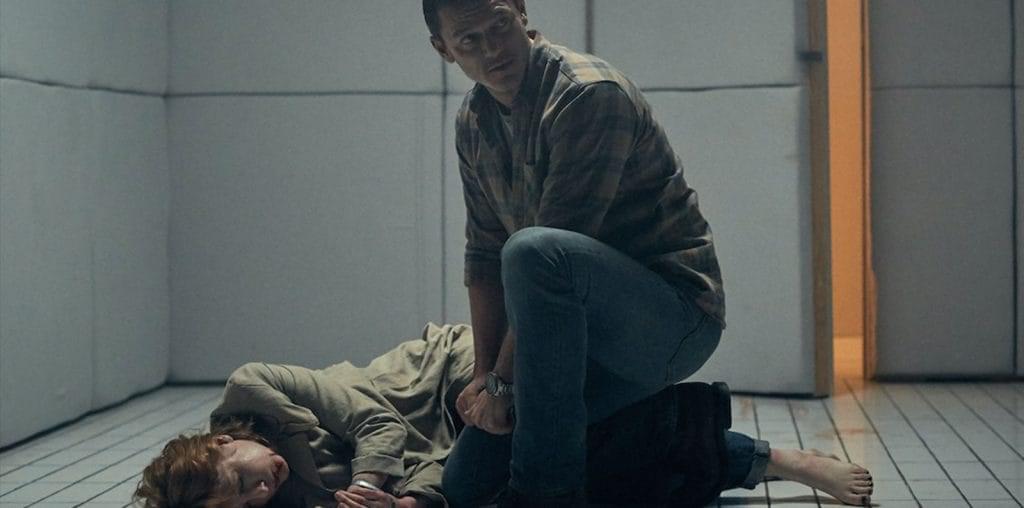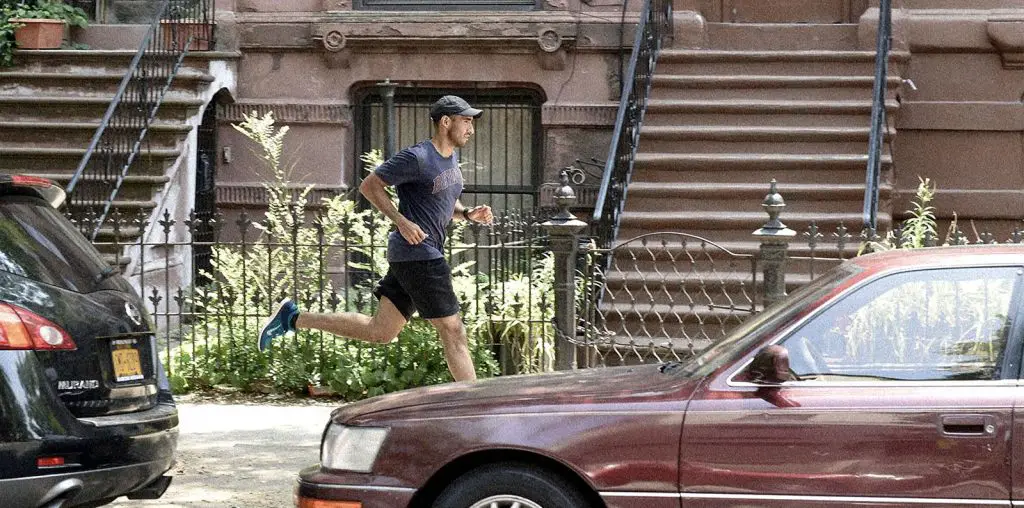
“City of God” is your first feature film, but you did other shorts. What was it like making your first feature?
Actually, “City of God” is my second feature. I did a small independent feature three years ago as a rehearsal and was already working on the script for “City of God” and decided to take on this very low budget project just to learn how to do features. It was called “Maids.” I started independent film production and then went to television, did independent television production for eight or nine years, then I moved to publicity and commercials for eight or nine years. I did a big series, 180 episodes of a children’s show. After that, I did “Maids” and now “City of God.”
“City of God” is based on a true story. How close is the book to what you captured on screen?
City of God is a neighborhood in Rio de Janero, far from downtown, and Paulo Lins, the author, he lived in this place and wrote the book over eight years. So it is a story told by a guy who knows what he’s talking because he was raised there. All the characters are true characters.
Rocket is the lead character, but there are many stories woven throughout. How did you come up with the structure of the film’s unique way of telling the stories?
In Paulo’s book, he has 600 pages and 350 characters and it’s a totally different structure than the film. He tells the story of the first guy and he dies and then the next and he dies and it goes and goes and goes…it goes to the end of the book. So for the film, we had to come up with a structure, so we have this main character, Rocket, who tells the story for us. Rocket is the author, so we decided to split the story into three different times – the 60’s, the early 70’s and the late 70’s so we can have the evolution of what was happening inside the slums. The story we are telling didn’t just happen in the City of God, it happened in all the slums in Rio. The drug dealers come in and take control.
Have you had any experience with that type of crime yourself at all in that world?
Not in my personal life, thank God.
Tell me, how do you deal with the children actors in the movie as opposed to adult actors?
The same children we use know the slums, they know the drug dealers and the guns. “Oh, this is a baretta 9mm, it’s amazing.” So all these boys know a lot more about guns than I do.
So were they non actors or actors that you cast.
Throughout the film, there are only a few professional actors, all the rest are non-actors we picked from the slums of Rio. We interviewed 2000 people from the slums of Rio. We chose 200 boys and we took them downtown for six months. We prepared them. I wouldn’t say we taught them to act, because acting is like music or drawing – it’s natural. I believe in natural born actors. We just got them used to the cameras and taught them how to take direction.
What inspired you to make the film and what do you hope pepole will get out of this?
A friend of mine gave me the book and said, “Why don’t you do this?” I said no because I don’t know anything about drug dealers. I hate violent movies, but I began to read the book and I was shocked. I’m 44 years old and I didn’t know this is how things happen inside the slums and so I was very shocked. When I finished reading, I called Paulo Lins, the author, and decided to buy the rights to make the film even though I didn’t know how I was going to do that. The book is 600 pages, but you begin to work and you find your way.
What do you hope people get out of the film?
I did the movie with particular people in mind – the Brazilian middle class, like people who go to shopping centers. People like me who don’t know anything about it and if we don’t know anything about it nothing will ever change. Finally the film went to Cannes and we had a great response and then Miramax came along and it’s getting bigger and I’m losing control. When you see “City of God,” you say “how do you let those things happen in Brazil,” but it’s not a Brazilian problem. We’re all in the same world so we’re all responsible. Anything Bush says on television tomorrow could trigger a crisis in Brazil because we are totally attached to the U.S.. Everybody’s responsible for everything.

